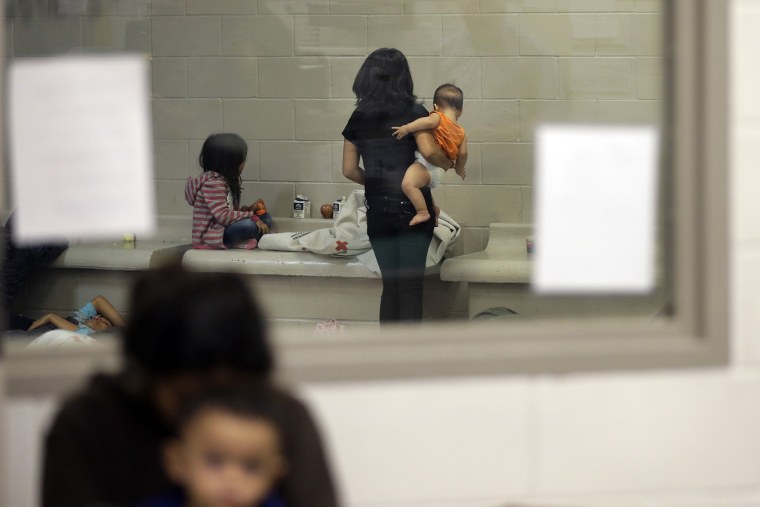There are countless facets of the crisis to consider. What role are child trafficking laws playing in hamstringing the Obama administration in sending the kids back home? Should we, in fact, reevaluate our asylum laws to reckon with the claims of the new arrivals that they are fleeing rampant political and gang violence in El Salvador and Honduras? Where should the children be housed in the interim while their final status is being adjudicated, given the NIMBYism that has quickly sprung up in some of the locations under consideration? One could delve into these questions. Or, if among the Beltway commentariat, one could just dwell on the political optics, which means asking, for the ninth time in the past five and a half years, “Is this Obama’s Katrina?”
In [Katrina], we were presented with an administration that willfully downplayed both the immediate threat of the approaching storm and the broader threat that, if the climatologists are to be believed, was represented by the storm. In [the border crisis], we are presented with an administration struggling to contain one particularly dramatic manifestation of a problem -- a broken immigration policy -- that the administration itself has been trying to fix, has indeed made its chief priority for the remainder of the president's term, but has been stymied in comprehensively addressing by the identity crisis–driven obstructionism and indifference of the party that controls the House of Representatives.
